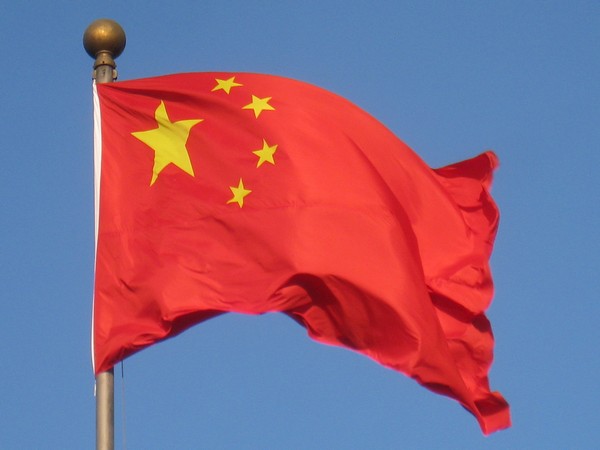China's Youth Engage in 'Pretend Work' Amid Rising Unemployment
With youth unemployment rampant in China, many young individuals resort to 'pretend work' to cope. They spend their days in libraries or rented spaces as civil service hopefuls or delivery drivers. The Communist Party is urged to create better job opportunities while concerns over social unrest grow amid economic uncertainties.

- Country:
- China
As youth unemployment surges in China, millions of young people find themselves either at home, dependent on delivery jobs, or part of a peculiar new trend—pretending to go to work. According to a report by Radio Free Asia, the video-sharing platform Douyin has become a haven for these young adults as they meticulously curate daily routines, often creating the illusion of work or study. They seek solace in libraries, internet cafes, or paid study rooms, all while preparing for fiercely competitive civil service exams, as indicated by state media.
Social media platforms have seen the rise of hashtags like #IPretendedToGoToWorkToday, where young individuals post videos of their supposed daily activities. In one instance, a woman gives a disguised tour of her hometown, complete with animated overlays masking her identity. Another video shows a woman idly lounging on her apartment's stairwell, ostensibly shielding herself from curious relatives who are led to believe she is employed. A Xinhua-affiliated magazine, Banyuetan, highlighted how dependency on parental support in rural areas contradicts the Communist Party's goals of rural revitalization, emphasizing the urgent need for improved employment opportunities.
High unemployment rates have sparked concerns of potential social unrest. Political analyst Ji Feng remarked on the increasing grievance following economic downturns, cautioning the government about emerging discontent. Meanwhile, financial commentators criticized policies under leader Xi Jinping, urging a revival of stronger trade relations similar to pre-pandemic times. Critics argue that state-owned enterprises fail to create ample job opportunities, placing the burden on private firms struggling under current economic policies.
(With inputs from agencies.)










